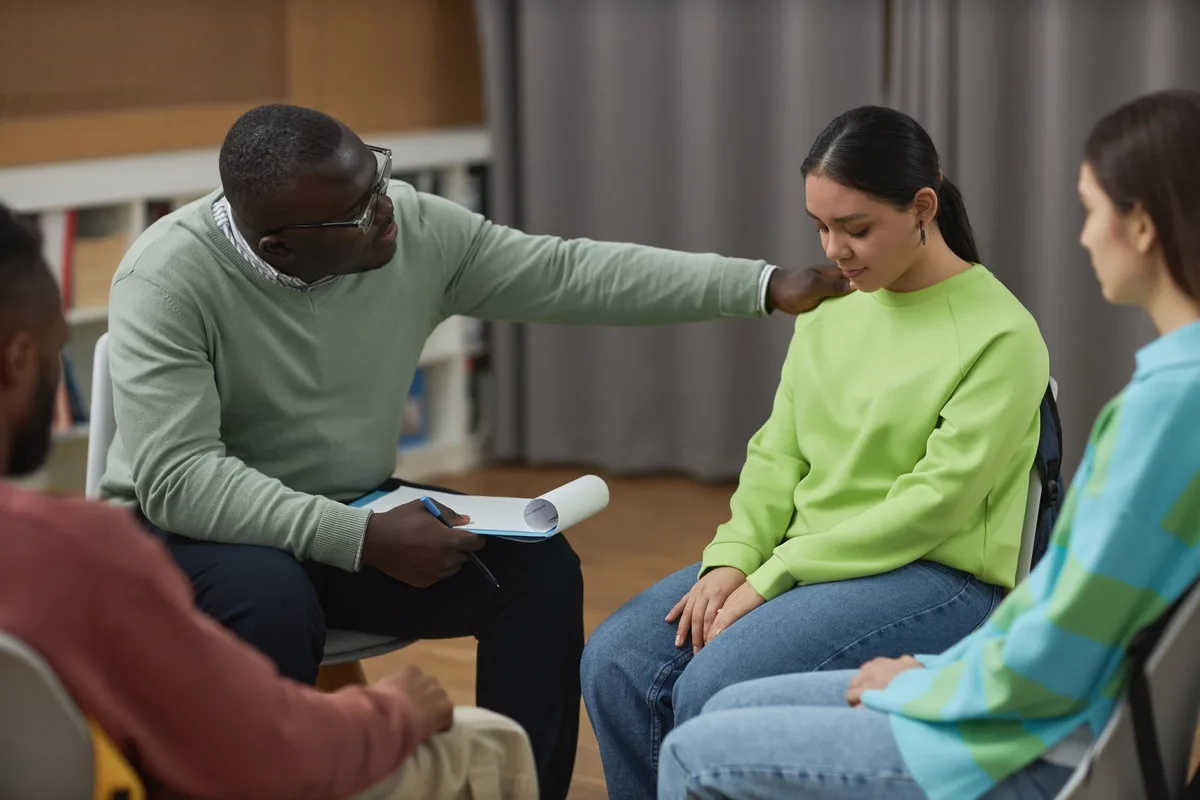24/7 Helpline:
(866) 899-221924/7 Helpline:
(866) 899-2219
Learn more about PTSD Rehab centers in Boyne City
PTSD Rehab in Other Cities

Other Insurance Options

Health Net

AllWell

PHCS Network

Medical Mutual of Ohio

Magellan

Optima

CareFirst

State Farm

Molina Healthcare

Oxford

BHS | Behavioral Health Systems

Aetna

GEHA

ComPsych

Optum

Cigna

BlueCross

Humana

Horizon Healthcare Service

Multiplan




Bear River Health at Walloon Lake
Bear River Health is located in Boyne Falls, Michigan. Bear River Health is Northern Michigan's newe...

Bergmann Center
Bergmann Center is a private rehab located in Charlevoix, Michigan. Bergmann Center specializes in t...

North Country Mental Health
North Country Mental Health is a public rehab located in Charlevoix, Michigan. North Country Mental ...

BASES Recovery Center
BASES Recovery Center was founded in 1993 as a private, non-profit, licensed substance abuse provide...

Alano Club
Alano Club is a non-profit rehab located in Charlevoix, Michigan. Alano Club specializes in the trea...

Family Services League – Chemical Dependency
Family Services League – Chemical Dependency is a private rehab located in Bay Shore, New York. Fami...

Family Service League – West Team
Family Service League – West Team is a private rehab located in Bay Shore, New York. Family Service ...





















Harbor Hall
Harbor Hall is a nonprofit rehab located in Charlevoix, Michigan. Harbor Hall provides professional ...

AA – Alcoholics Anonymous
AA – Alcoholics Anonymous is a non-profit rehab located in Bay Shore, New York. AA – Alcoholics Anon...















